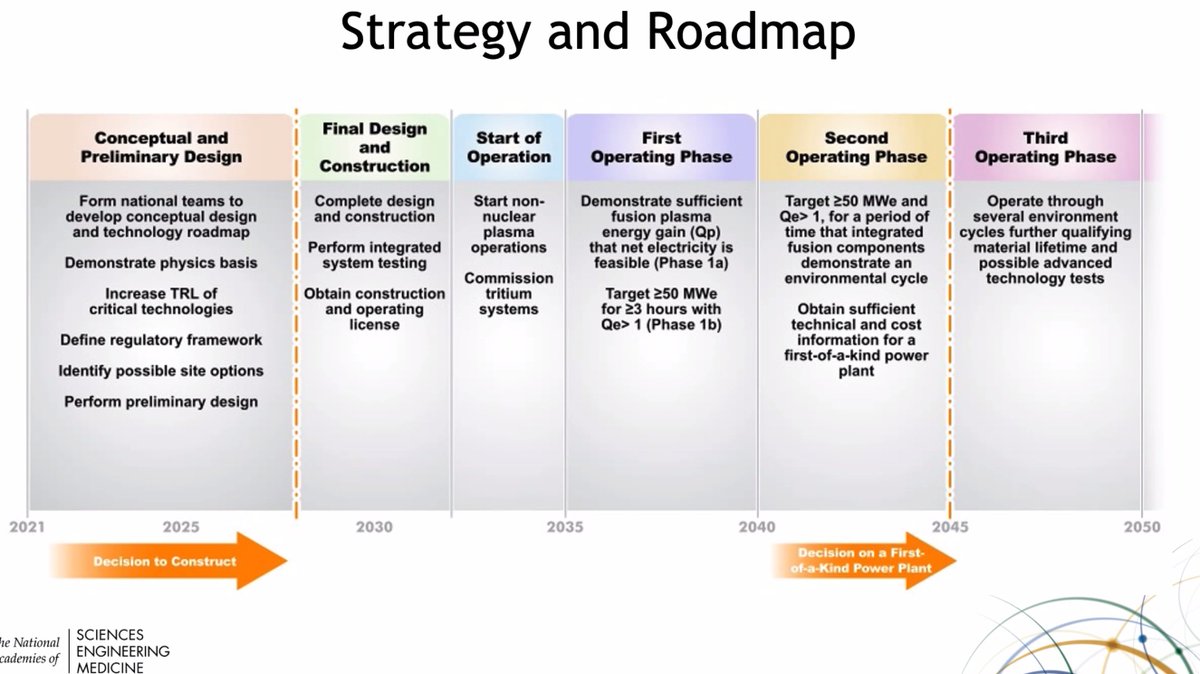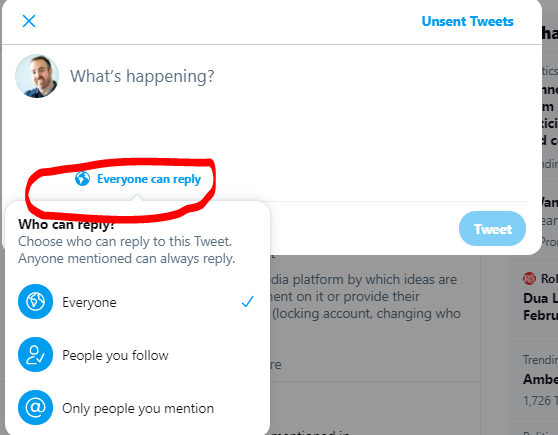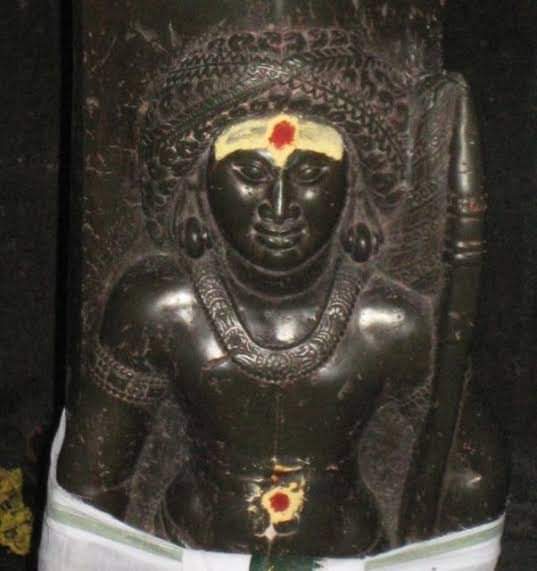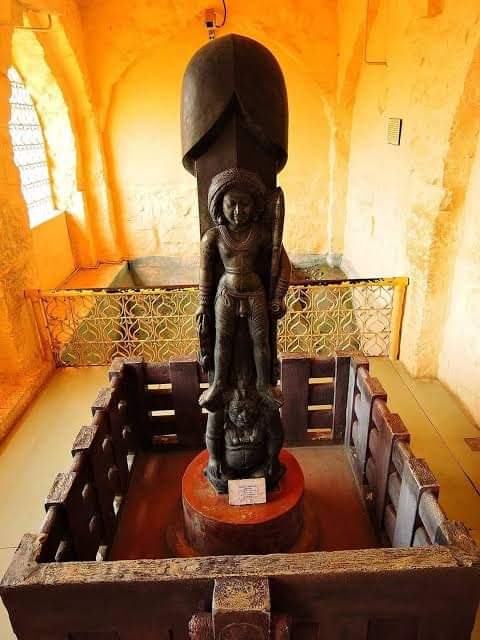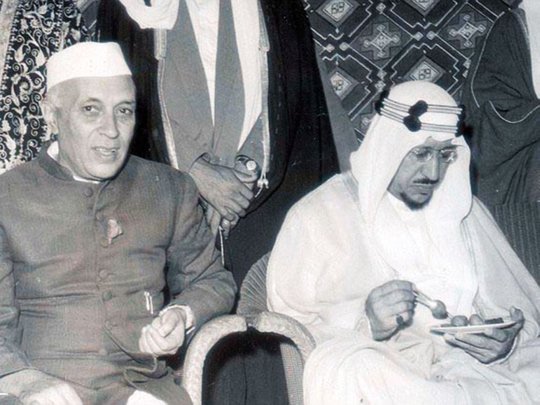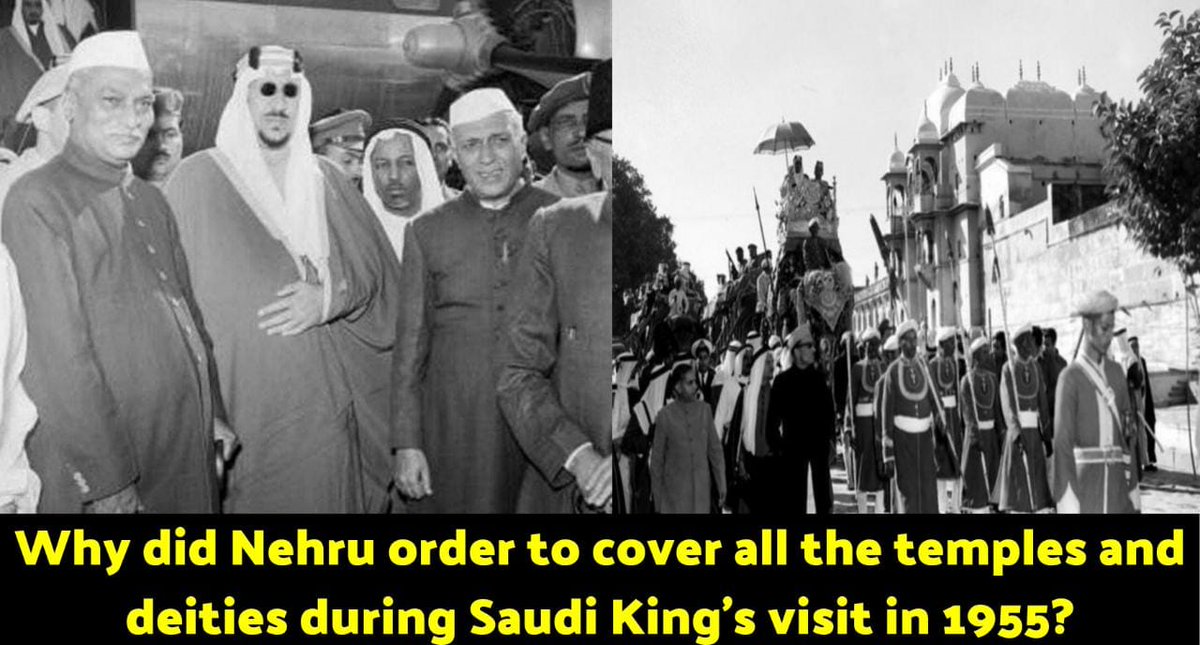
More from Twitter
The twitter ban on 45 is a victory in some sense for the immediate but a warning in the long term, not on the curtail of free speech but as gesture towards the expansive power commercial tech has on every aspect of our governance and our lives, I don’t quite have the words but-
What I’m trying to get at, is not just that Twitter’s decision allows us to see—in ways that have been obscured—how much control they have over content moderation—
but as @Elinor_Carmi points out “platforms don’t just moderate or filter “content”; they alter what registers to us and our social groups as “social” or as “experience.” https://t.co/GSByAOoDWg changed
I’m worried that the celebration of Twitter’s intervention on fascist rhetoric-however too little and too late- directs us to desire tech companies enforcement of liberal and democratic procedures rather than towards an investigation of
how they’ve developed computational infrastructures which exceed the power of the nation state, are hollowing out our institutions for frictionless (see removing human contact) optimization and are insufficiently described by neoliberalism
What I’m trying to get at, is not just that Twitter’s decision allows us to see—in ways that have been obscured—how much control they have over content moderation—
but as @Elinor_Carmi points out “platforms don’t just moderate or filter “content”; they alter what registers to us and our social groups as “social” or as “experience.” https://t.co/GSByAOoDWg changed
I’m worried that the celebration of Twitter’s intervention on fascist rhetoric-however too little and too late- directs us to desire tech companies enforcement of liberal and democratic procedures rather than towards an investigation of
how they’ve developed computational infrastructures which exceed the power of the nation state, are hollowing out our institutions for frictionless (see removing human contact) optimization and are insufficiently described by neoliberalism



